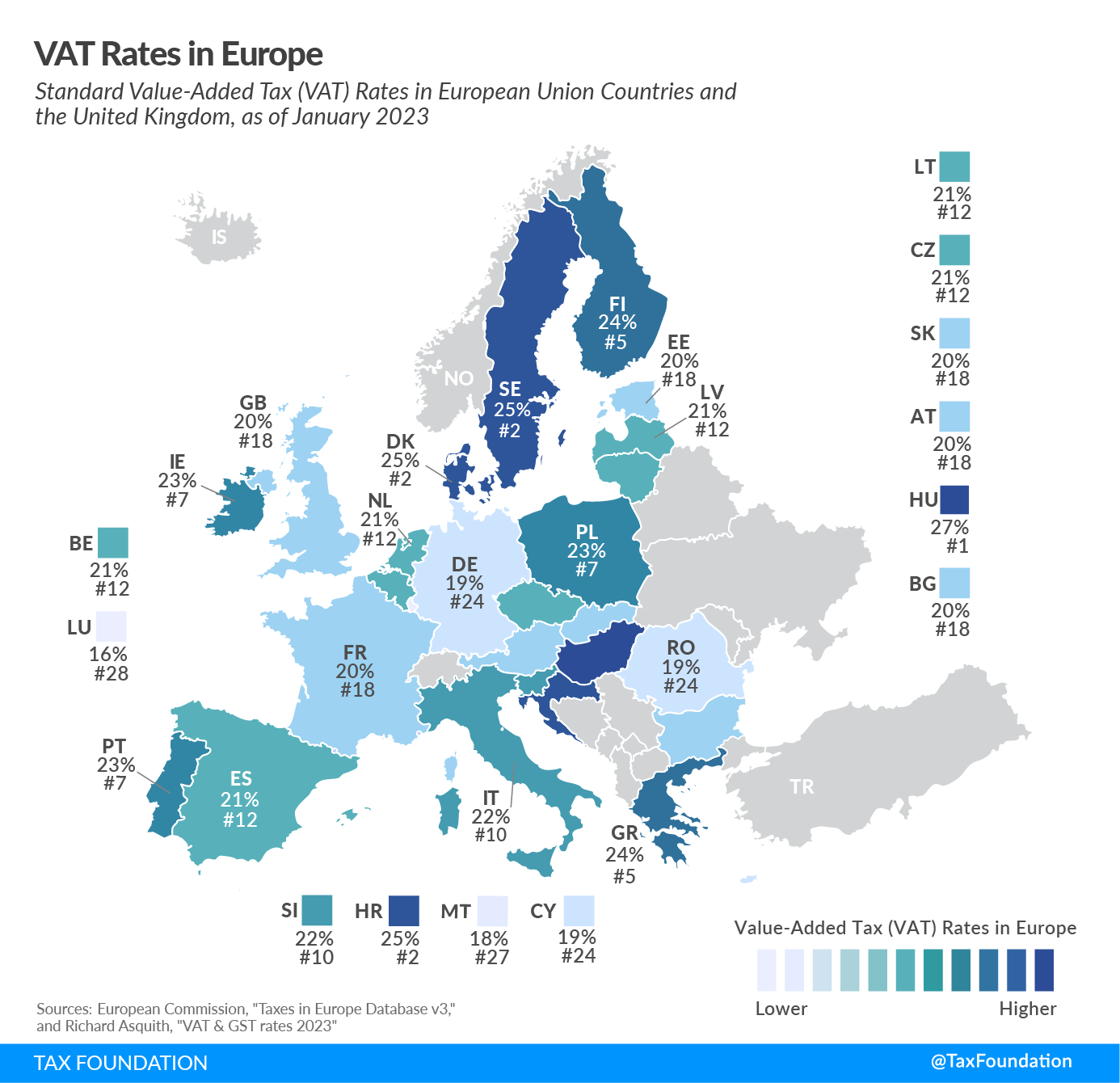The board isn’t recommending what combination of the tax tools should be used, or even the tax rates that should be applied. But it estimates that a regional sales tax of 1 per cent or a $1-per-day commercial parking levy could each raise at least half the $2 billion annually that Metrolinx says it needs to build the
Big Move regional transportation plan.
A gas tax of 10 cents/litre would raise $640 million to $840 million. Asking lone drivers to pay tolls for using high-occupancy vehicle lanes on area highways at 30 cents/km would provide $25 million to $45 million. The latter charges are less lucrative but have the benefit of reaching directly into the wallets of road users.
Increased income tax, property tax and employer payroll taxes, as well as general road tolls, were among a dozen ideas rejected by the board.
Funding from senior governments, public-private partnerships and land-value capture in new transit corridors will still be necessary, “but they’re not going to raise the $40 billion that we need,” said Wilding.
Metrolinx president Bruce McCuaig said the board’s approach — endorsing a suite of taxes — means that the burden is shared among different populations.
But he did not commit to endorsing the same tax tools in Metrolinx’s own investment strategy. The regional planning agency’s recommendations on how to pay for the $50 billion Big Move has to be submitted to the province by June.
“It is really important that we hear from the business community, and we appreciate their leadership. But we must also hear from municipalities, to get their thoughts and ideas, as well as the public and stakeholders,” said McCuaig.
Those governments and the public will all want something for their tax dollars, according to those who spoke with the Star.
Toronto Deputy Mayor Doug Holyday said his anti-tax perspective doesn’t change because the new taxes are being endorsed by the city’s leading business group. A new casino in Toronto could raise up to $100 million annually, he said.
“We’re going to get a casino, or somebody’s going to get it; I think the money from that should go towards transit … .You’re not going to build the system overnight, but the money that you’d get annually could allow you to incrementally start a transit system,” he said.
Outside the city, support for the board’s recommendations was guarded.
With some of the longest commute times in the province, Durham Region residents are already paying the highest property taxes and getting the least attention from the province, said an angry Oshawa Mayor John Henry.
“GO Transit doesn’t charge for parking. Why would the businesses in Durham Region want to generate parking fees? You want to destroy an economy, start to apply extra charges to the cost of doing business,” he said.
“Transit is key, but not on the backs of taxpayers of 905,” said Henry. “Whatever we do to improve transit in Toronto doesn’t improve transit in Durham.”
You can’t punish commuters for doing the right thing and parking at the GO station, said Mississauga Councillor Bonnie Crombie. But, she said, her constituents want to see their taxes spent locally on projects such as an LRT on Hurontario St.
“They would be willing to invest if it were to build transportation in Mississauga,” she said.
At Queen’s Park, Finance Minister Charles Sousa said he hadn’t yet studied the board’s proposals, but he pledged to take a look.
“It is essential that we get our gridlock under control,” he said. “We do require a lot of investment to improve our public transit.”
NDP Leader Andrea Horwath said she opposes any new tolls or taxes of any kind to pay for improved public transit.
“We understand that there needs to be some financing solutions found … ones that don’t hurt people who are already struggling to make ends meet,” said Horwath, who claimed “billions” of dollars can be saved by closing corporate tax loopholes.
Horwath, who has already promoted closing corporate tax loopholes as a way to fund improved health care and home care, wouldn’t be specific on how her plan would cover the $40 billion cost of continuing the Metrolinx plan, but said she would have “further things to say” in the future.








